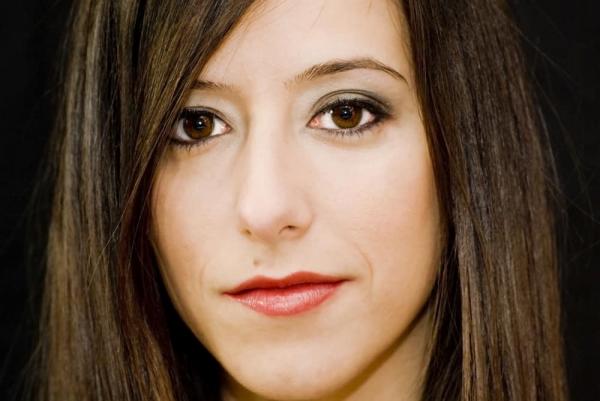
Divorce is hard on kids. We all know the effects it has on young children, but tend to forget how it can affect adult children.
It turns out that divorce can have an adverse effect on them, too. If your kids are grown and you're considering a divorce, you should be aware of the potential impact so you can address it. And since gray divorce rates are on the rise, it's important for parents to understand the irrecoverable damage their divorce can do if they're not careful.
#1: They know how it will complicate their lives
The first thing to consider is that adult children know how your divorce will complicate their lives. They may already be juggling a lot of things, including splitting holidays between you and their in-laws and managing their kids' activities and events.
A divorce means that they may be staring down yet another complication. When it's your family's turn to spend Thanksgiving together, are they going to have to choose between the two of you? Does it mean they'll only see you half as often?
If your adult children are already feeling stressed, the thought of a divorce can be truly overwhelming to them.
#2: They may feel pressured to take sides
Responsible parents don't put young kids in the middle of a divorce, but they may not exercise the same caution with adult kids.
It's not a good idea to divulge too many details about your divorce to your kids. It's okay to tell them small details, but they shouldn't know everything. If you were to tell them, you could put them in a horrible position. What happens between you and your spouse is (and should be) private.
If you do overshare, you may find that your children resent you for it. It might do irreparable damage to all your familial relationships. If you're tempted to confide in them, ask yourself if it's worth the potential fallout.
#3: They may feel lasting confusion and doubt
When a marriage lasts until the children are adults, there's a feeling of relaxation that happens. Your kids may assume that because you made it this long, you'll be together until one of you dies.
An announcement of impending divorce can be unsettling to adult children. They have looked at your relationship as a touchstone their entire lives. When it ends, it can make them feel like they're standing in quicksand.
They may find themselves questioning everything, including their own marriage or relationships. Your marriage was the bedrock of their emotional landscape. When it ends, it's natural for them to feel unmoored and uncertain- and those feelings can be difficult to shake.
#4: You hurt them when you hurt each other
Once you've decided to end your marriage, it may feel natural to crack jokes about your soon-to-be-ex and even sharpen your wit when you talk about what made you get divorced.
However, you should keep in mind that those cutting comments can do lasting damage to your kids. They're probably feeling angry and confused, and if you start cracking wise jokes about their other parent, they won't thank you for it. In fact, they might direct their anger at you.
Save those comments for your friends. The best thing you can do for your kids is to stay gracious when discussing your ex. If you can't do that, then it's best to not talk about them at all. It's the ideal way to stay on an even keel with your kids and avoid making things worse (and more painful) than they already are.
#5: They'll worry about you
Perhaps the most insidious effect that divorce has on adult children is that it makes them worry about your future. They may be prepared to serve as your caretaker one day, but they probably also had some expectation that the two of you would be able to help one another.
Your divorce means that you won't be helping each other. In the long-term, your decision might mean that a greater burden than expected falls on your kids. If you're living alone and need care, they may have to find it for you.
It's important to be compassionate about the future. You may be making the decision that's best for you, but it can be harmful to act as though your decision won't affect your children.
Divorcing when your kids are adults might be the right choice for you individually- but that doesn't mean you can assume that it won't affect your children. Taking a compassionate and understanding approach can help them get through it without any lasting damage.

